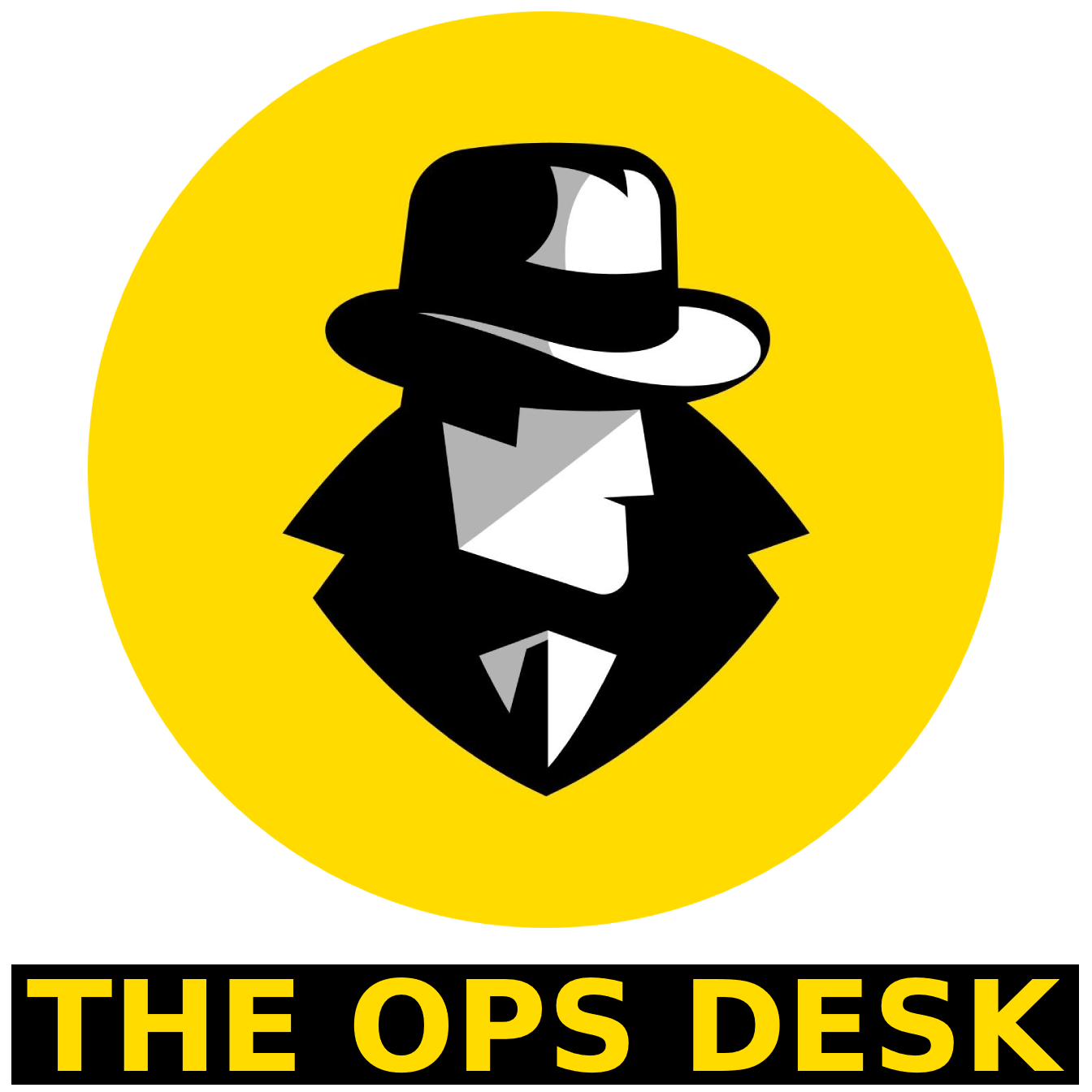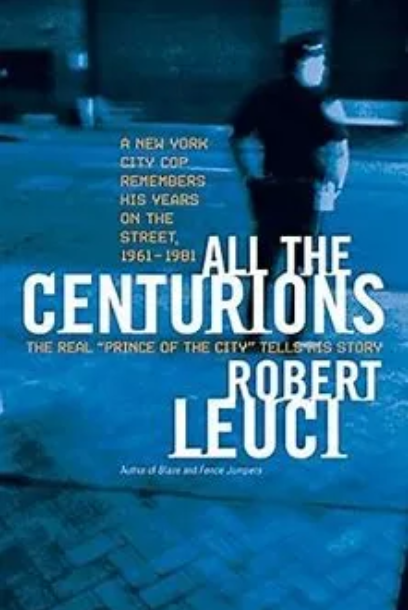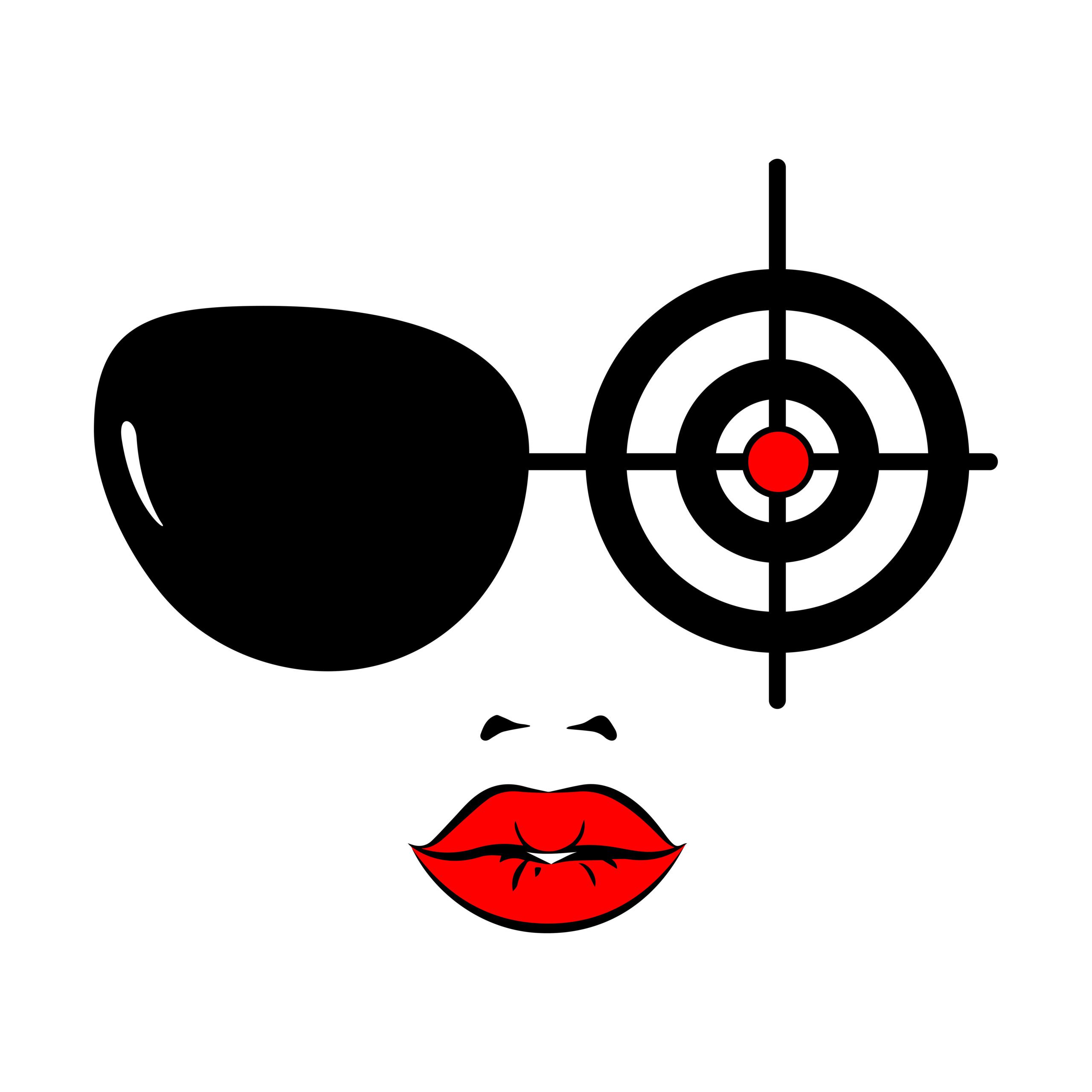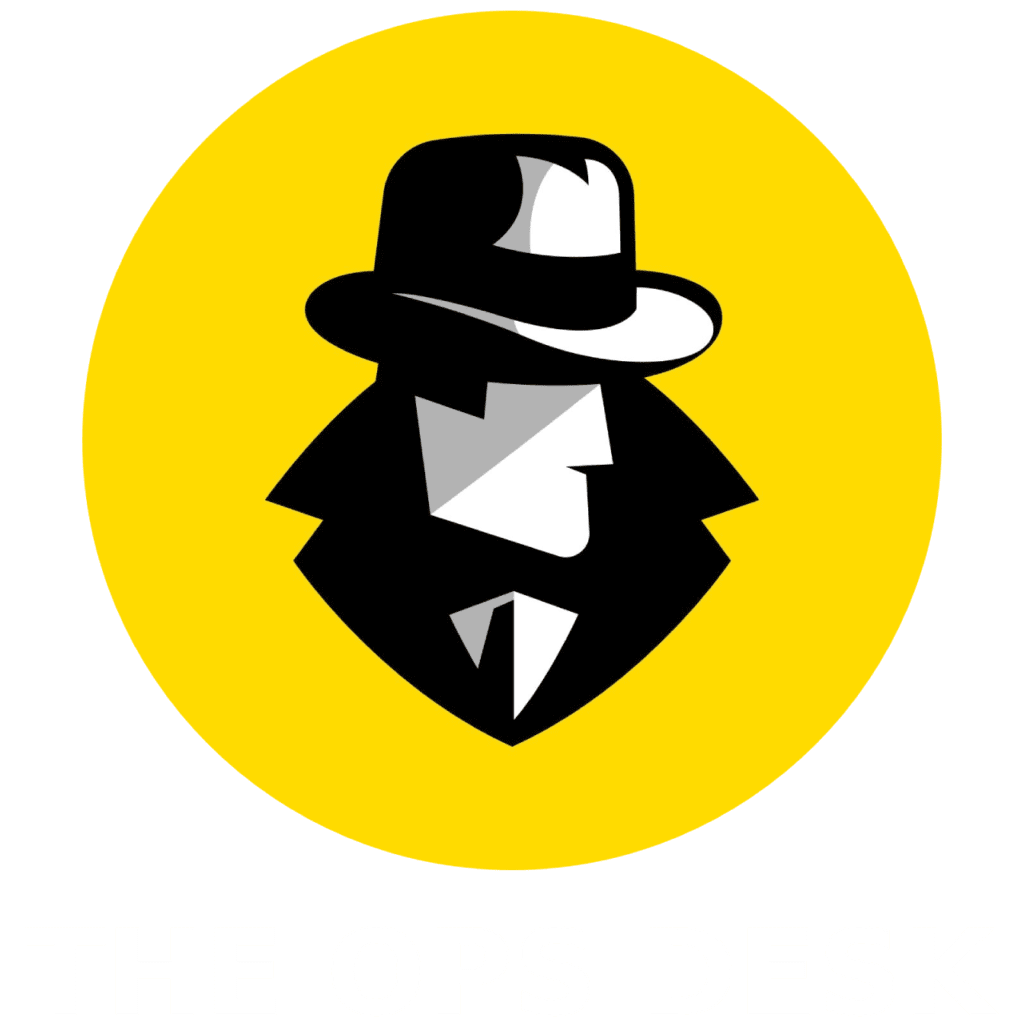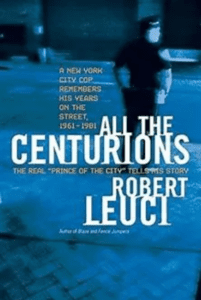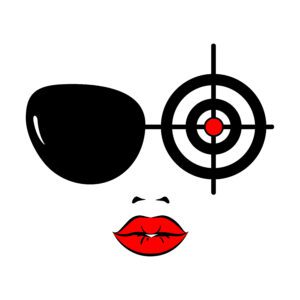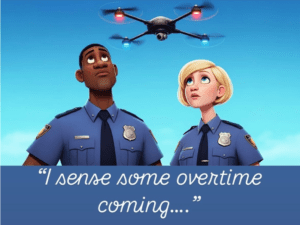On September 24, 1969, the trial of the so called “Chicago 8” trial began. This group of individuals were arrested during the violence outside the 1968 Democratic National Convention in Chicago. The trial was a national news story that often displayed the cultural differences between the conservative judge, Julius Hoffman, and the left wing defendants. Judge Hoffman held all the defendants and most of their lawyers in contempt of court on several occasions and sentenced all of them to prison sentences for their courtroom antics. The trial marked the first time the new 1968 Anti-Riot Act was used in a federal prosecution. This law made it illegal to cross state lines to incite a riot. This became a point of contention amongst civil libertarians, many of whom thought the law was unconstitutional. A group of prominent individuals wrote a letter to the New York Review of Books decrying the Anti-Riot Act. The letter in part stated, “The effect of this ‘anti-riot’ act is to subvert the First Amendment guarantee of free assembly by equating organized political protest with organized violence,” it read. “Potentially, this law is the foundation for a police state in America.”
Five of the eight defendants were found guilty of violating the Anti-Riot Act in addition to the contempt of court charges. In 1970 an appeals court overturned all the convictions in the case based in part of the contentious nature of the proceedings under Judge Hoffman. The 1968 Anti-Riot Act is still on the books and had been often mentioned in relation to the events of January 6, 2021.
